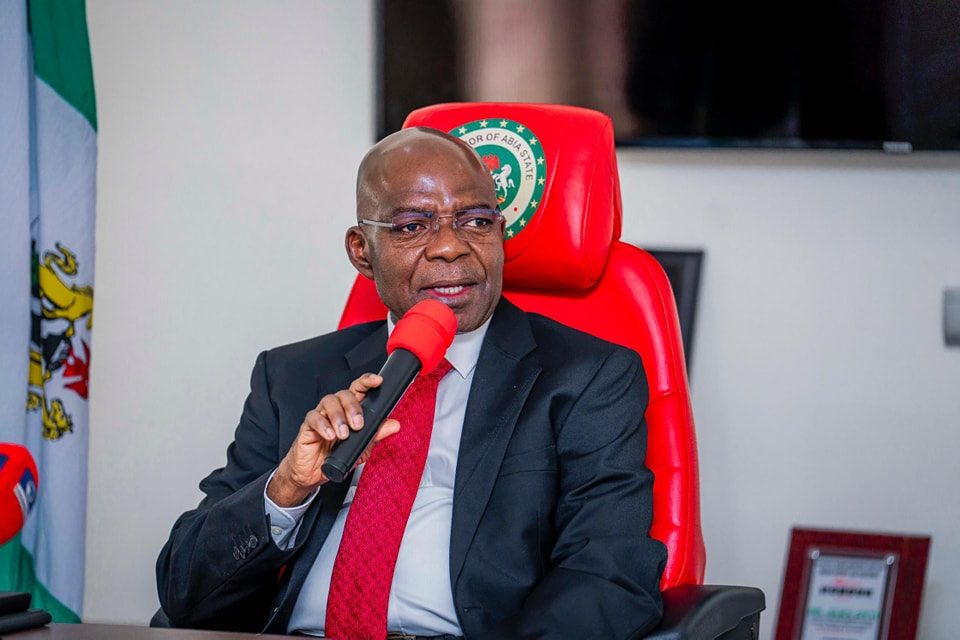•Says inclusion of women in governance not favour but necessity
Adedayo Akinwale in Abuja
The Swiss Government has lamented that Nigerian women continue to face significant barriers to leadership and participation in governance.
It said there are currently only seven female ministers in Nigeria’s federal cabinet of about 48 persons, adding that women remained significantly underrepresented in decision-making spaces, yet they comprised nearly half of Nigeria’s population.
The Deputy Ambassador of Switzerland to Nigeria, Mr. Siamak Rouhani, disclosed this on Thursday in Abuja at the roundtable on “Promoting Effective Participation of Women in Governance and Combating Gender-Based Violence”, organised by the Shehu Musa Yar’Adua Foundation.
He said the initiative, spanning three years, has been a testament to shared commitment to advancing gender equality, strengthening democratic governance, and protecting human dignity.
Rouhani noted the gathering was not merely a ceremonial closure, it was a moment of reflection, accountability, and renewed commitment.
He stated: “Over the past three years, this project has worked across sectors and states to address two deeply interconnected challenges: the underrepresentation of women in governance and the pervasive scourge of gender-based violence.
“In Nigeria, women continue to face significant barriers to leadership and participation in governance.”
Citing 2025 Global Gender Gap Report published by the World Economic Forum, Rouhani noted that Nigeria ranks 124th out of 148 countries in its overall rankings, and 143rd out of 148 countries in women’s political empowerment, with a score of just 0.036 – the lowest in five years.
He added: “Women occupy only 4 out of 109 seats in the Nigerian Senate and just 16 out of 360 seats in the House of Representatives. Cumulatively, this translates to only 4.3 per cent of parliamentary seats in Nigeria – far below the Sub-Saharan African average of 27%; and 178th out of 182 countries globally.
“There are currently only 7 female ministers in Nigeria’s federal cabinet of about 48 persons. Women remain significantly underrepresented in decision-making spaces, yet they comprise nearly half of Nigeria’s population.”
Rouhani stressed that despite constitutional guarantees and international commitments including the Convention on the Elimination of All Forms of Discrimination Against Women (CEDAW) – the 35 per cent affirmative action for women in governance as contained in Nigeria’s Gender Policy, and which has been affirmed by the Nigerian judiciary, it remains unfulfilled.
He added: “These realities are sobering. They remind us that gender inequality is not only a social injustice – it is a barrier to peace, prosperity, and progress.
“The inclusion of women in governance is not a favour – it is a necessity. It brings diversity of thought, depth of experience, and resilience to policy making. It ensures that governance reflects the realities of all citizens.”
On the other front, Rouhani noted that gender-based violence continues to cast a long shadow.
He said every year thousands of cases are officially reported to the National Human Rights Commission, with countless others unrecorded due to stigma, fear, and systemic gaps in protection.
Rouhani stressed that these are not just numbers – they represent lives disrupted, dreams deferred, and communities wounded.
He said Switzerland’s foreign policy places a strong emphasis on human rights, inclusive governance, and the empowerment and protection of women and girls – not only as moral imperatives but also essential pillars of sustainable development and democratic resilience.
Also, Director of Programme and Administration, Yar’dua Foundation, Vivian Emehelu, said through strategic capacity building, advocacy, and media engagement, the project mobilised key duty-bearers, government officials, traditional leaders, and law enforcement agencies, to champion inclusion and accountability.
According to her, Women have been positioned as effective leaders in governance, peacebuilding, and the fight against gender-based violence, reshaping perceptions and inspiring change at every level.
On his part, the Director General of Yar’dua Foundation, Mr. Amara Nwankpa, said barriers against entry for women is not by accident, but by design, adding there needs to be a deliberate approach to undo those barriers.
He said: “While our problems might be intractable, it is possible to make change happen. In Kano, we witnessed the emergence of a woman as a chairman of a local government.”
Nwankpa noted that women and youth constitute a demographic majority within Nigeria’s political space, but are poorly represented in the spaces where decisions are made and places where power is exercised.
“So, the advocacy about improving the representation of women in political spaces and places for public decision making is about sharing power, about transferring power towards the margin, about recognising that these people in society have something to contribute to the process of building our nation,” he said.




